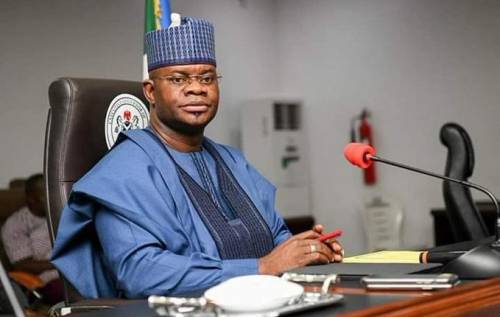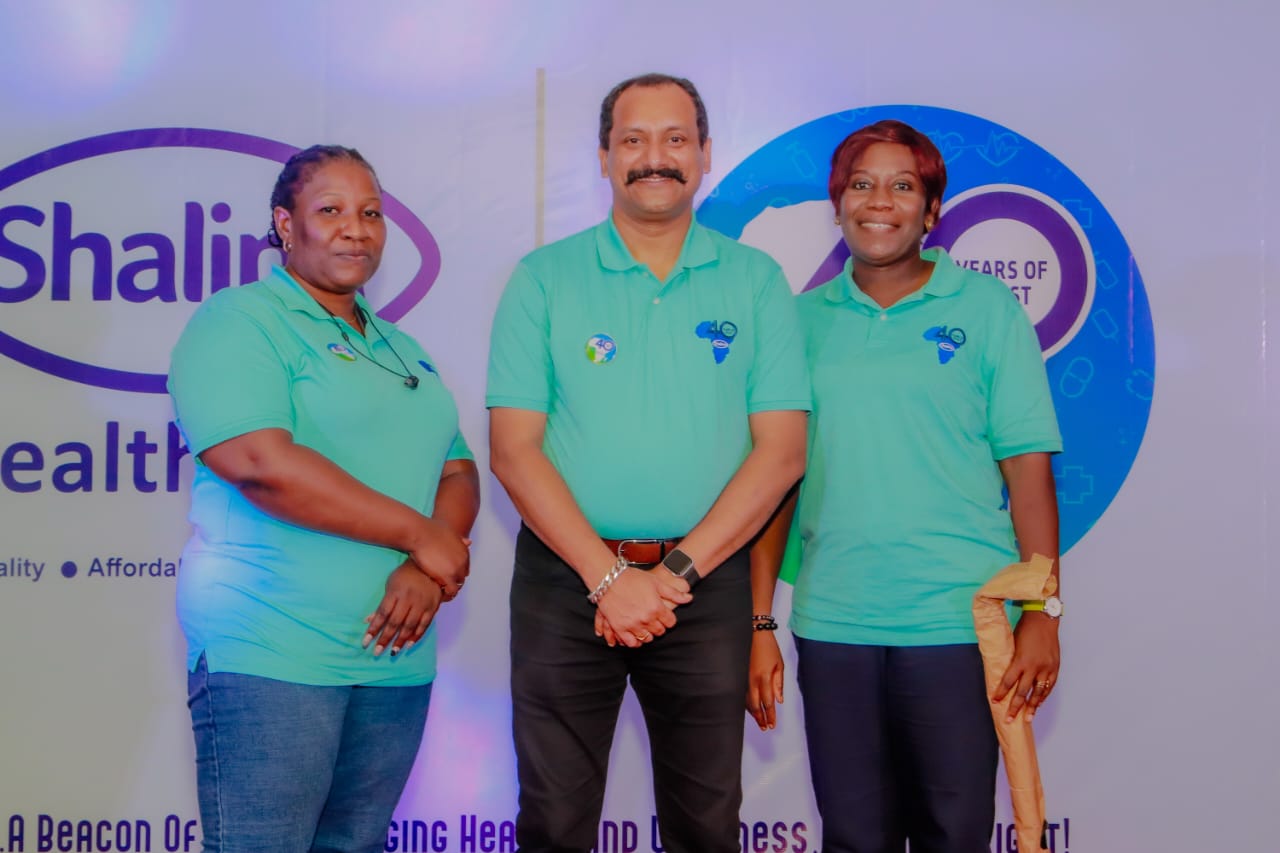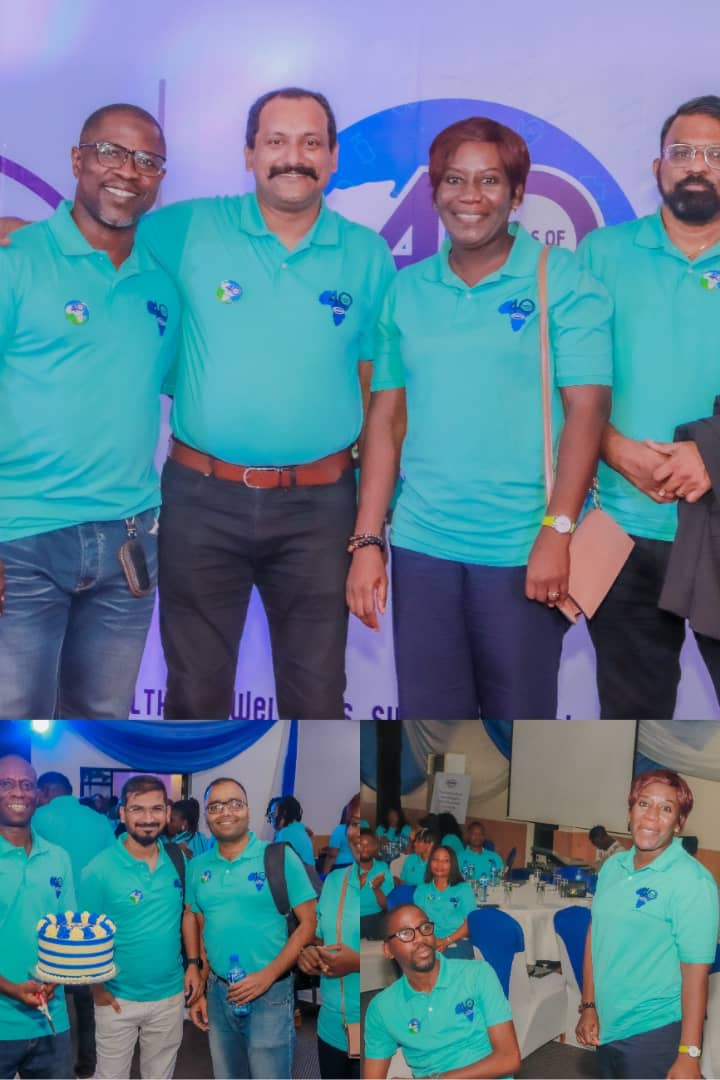Europe, here I come!
Jerry could finally see the end of his journey as he sat in an air-inflated boat, called a dinghy,
sandwiched with 153 other hopeful migrants headed to Italy. They had come quite a distance,
traveling through the desert under severe conditions. Every one of them had a story to tell, of
harrowing experiences on the course of their voyage from Nigeria to Libya. Their dreams had
come at a steep price, draining them of hard-earned cash, dignity and sanity. If hope were so
easy to kill, they would have been robbed of that as well. But here they were, on the final leg of
their passage to the land of their dreams.
This was no journey for the fainthearted. All 154 of them knew they could die in
The Mediterranean. They had no life jackets, although each of them had paid smugglers N10, 000 to
acquire one. They were left to their fate, conveyed by an unseaworthy dinghy that had only
enough fuel to get them to their destination; a place they had never been before.
For Jerry, he had not a single kobo on him. Like the others with him, he believed that all he
needed was to get into Italy and everything would be fine. He was a Nigerian, after all. If he
could survive the harsh economic conditions back home, he could make it in Europe; but first,
he needed to get there in one piece.
Hearts clutched, prayers whispered through parched lips, the migrants who were starved, gaunt
and exhausted, looked forward to the end of their journey as the boat waded dangerously on the
Mediterranean Sea.
“You look at the front, you’re not seeing anything,” Jerry recalls. “You look at the back and all
you see is the sea. I’ve never seen anything like that in my life before.”
Every year, hundreds of thousands of Nigerians struggle to find themselves in Europe. Nigeria is
a source, transit and destination country when it comes to human trafficking. The country
chiefly adds to the $150m that is generated annually in trafficking profits between Africa and
Europe. The latest Global Slavery Index (2018) Report places Nigeria as 32/167 of the countries
with the highest number of slaves. The staggering number comes to 1,386,000 already
trafficked.
In 2018, Nigeria was ranked the world’s poorest country. With a high level of unemployment
amongst the youth, bad governance, lack of faith from the citizens in the government, fallen
levels of industrialization, civil unrests, constant conflicts and other social factors, the rate of
irregular migration has skyrocketed in recent times. It is not hard to understand why Nigerians
would seek greener pastures elsewhere.
Thousands of hopefuls journey to Libya via the ancient sub-Saharan slave route to make it to the
Mediterranean. But for most of them, their final destination would be Libya. They would never
get into Europe. The coastlines of Libya are almost impossible to police, making the country a
major border state. There, Nigerians and other Africans hoping to make it to Europe are beaten,
starved, robbed, raped and killed. For many of the returnees lucky to come back alive and whole,
their story runs in similar lines. Their expectations were nothing close to reality. If they had
known that the journey would lead them through hell, they would not have embarked on it in
the first place.
Jerry was a struggling laundryman in Nigeria before he left. He had been seduced by a single
photo shared by a friend on Facebook who lived in Germany. The life behind the camera had
enticed him, and when he reached out to said friend, he was told that he could get a lot more
money in Germany than what he earned in Nigeria from the same laundry business. He was also
told that the journey would take two weeks, at the most, and he would begin to live a better life.
Being that the words were coming from a trusted friend who was ‘making it’ in Europe, Jerry
didn’t put much thought to his decision. He simply made up his mind to leave the country. He
wouldn’t be the first to leave. Many had gone before him and were now successful.
He was sold an expensive dream that unraveled as a nightmare.
“I didn’t speak to anybody,” Jerry recollects. “I was scared because my friend had input that
mindset in me that if I tell somebody, that person will now become somebody that is now
blocking my way from traveling.”
Often, migrants are told not to speak to anyone about their plans to leave Nigeria. This warning
is laced with heavy superstitious tones. They are painted the idea that someone out there might
not want them to progress and could resort to diabolical means to stop their success. Many
smugglers go as far as making the migrants swear oaths of secrecy in shrines. Fear of disclosing
the details of their trip makes them easy prey for the smugglers and traffickers who would
eventually trade them off to slave buyers in the course of their journey.
Jerry raised N300, 000 in six months, and with the assurance that he would be aided by his
friend’s connections, he set off on his trip. But he was to receive the first blow from reality at the
border in Sokoto, Nigeria. There, he was told by a smuggler that the initial payment he made
had ‘entered a wrong connection’ and it couldn’t take him further. He was held in Niger until he
paid an extra sum of N200, 000 to the smuggler. After the payment was processed, he embarked
on a 17-hour journey that took him to Agadez, an ancient city at the southern edge of the Sahara.
At Agadez, he was told that he had to make an extra payment of 5000CFA that would lead him
straight to Europe. By now, Jerry was beginning to see a pattern in the manner the smugglers
lied. None of them was honest enough to state that each payment made would lead to the next
stop. “Everybody will end their statement with ‘you’re going to Europe,’” he recalls.
Still, he was hopeful. He facilitated the transfer to a Nigerian bank account. Jerry was then
pushed onto the back of a Hilux truck with 20 other travelers, each of them given sticks to hold
onto, to prevent them from falling off. They traveled for six days, and at each stop, they would be
asked to disembark to relieve themselves. Jerry described the desert as rather puzzling. During
the day, the sand beneath their feet was cold while the sun above was scorching. At night, the
conditions flipped, with the sand burning them underneath and the weather around them
freezing them almost to death.
On the course of the journey, they drove past skeletons of migrants that had gone before them,
possibly killed by rebels and bandits who had robbed them. Returnees would tell you that you’re
at risk of bandits in the desert who would come out from nowhere and shoot at your truck.
Drivers who survived would flee the scene and leave their passengers to their fate. If rescue did
not come (which is a case that’s more often than not), migrants would have to rely on each
other’s urine to fight dehydration. Most of them died there in the desert. For those who were
unfortunate to fall off trucks similar to the one Jerry was in, the drivers abandoned them and
continued on the trip.
At the border of Libya, following the 6-day journey, Jerry and his co-travelers were put on a
truck conveying farm animals, and smuggled into Qatrun. They were dropped at a connection
house where they had the chance to clean up for the first time since their journey began. From
there, they were taken on a journey of 6 hours to Sabha, a southwestern city in Libya, and left in
another connection house. But this stopover was different from the previous one. It was named
the “Land of No Mercy.” Libya’s connection houses are typically owned by Libyans but partially
managed by West Africans.
Migrants were held ransom and tortured until family members back home sent cash for their
release. They were electrocuted, beaten with iron pipes and given 60 seconds to call family
members who would rescue them. Those whose ransom fees were not paid ended up being
tortured every day, for months, until they died or someone was gracious enough to sell them off.
As slaves, they worked tirelessly to pay off debts to the ones who bought them. Some would be
taken away, never to be seen again. It is believed that many who are traded in this manner have
their organs harvested. For the women, they are raped brutally before being sold off to ‘madams’
who would make them sex slaves, forcing them to sleep with up to ten or more men a day.
At the connection house in Sabha, Jerry was told the same old story about his money expiring
over a wrong connection, and was asked to get N300, 000 that would take him directly to
Europe. He was given 48 hours to get the cash. Fortunate to have his sister who was the only one
aware that he was on the trip, he reached out to her and she sent the money to a disclosed
Nigerian bank account. Jerry watched migrants who couldn’t meet up with their payment suffer
constant torture. In his words, “These people that are beating you are not foreigners. These
people are our own beloved brothers… They are Nigerians.”
He explained that they wielded guns and shot to death anyone who tried to escape from the
connection house. The walls were stained with the blood of murdered migrants. Many who have
been there for months had lost their minds. They appeared deranged. Some had forgotten their
names and where they came from. There had no access to medical care and hardly got any food.
Taken from the connection house in Sabha after paying the fee of N300, 000, Jerry found
himself in Tripoli, the capital of Libya; but the journey to get there itself had been hazardous. He
was transported in a Sienna bus, turned upside down through the course of a 9-hour trip.
“When we finally got to Tripoli and they offloaded us, they had to bring us down. Our eyes were
turning, with blood filling our heads. They had to blow and pour water on us.”
Their passports were taken from them and sold to people who were just coming in. They were
told that they didn’t need the passports in Europe since they were going to seek asylum there.
Their journey continued as they were taken to Sabratha, which lies on the Mediterranean coast.
There, they stayed for three weeks and paid an extra N100, 000 to secure spaces in the air-
inflated dinghy that would carry them off to the coast of Italian waters. From the distance, Jerry
said he could see the enticing nightlights from Italy each evening. After his long, harrowing
journey, he was elated at the prospect of finally making it into Europe. Thus, he waited, counting
the days until he got into the unseaworthy dinghy with 153 others.
They embarked on the final leg of their journey with nothing but faith. Emaciated and
exhausted, barely wearing nothing, and freezing to their bones, they prayed continuously as the
dinghy carried them on. The nightlights of Italy they saw from the distance at Sabratha were
now gone. It was all darkness around them. They were aware that anything could happen and
they would drown, and their bodies would be lost at sea. Those on the sides of the dinghy could
fall off, the ones in the center were at risk of chemical burns should the fuel leak from the engine
and mix with water. Still, they held on. They had come this far. There was no turning back.
Suddenly, from the distance, lights from a naval boat appeared. Their breaths were bated as the
vessel approached them. The people in the boat were men from the Libyan navy police, and they
had not come to rescue them, but to extort them with threats of turning them back if they didn’t
give them something in return. They asked for money and phones, and when the migrants told
them they had nothing on them, they demanded to have the women in the dinghy. When that
didn’t work as well, Jerry and his co-travelers were diverted back to Libya, bringing an end to
their struggles and dreams to see Europe.
At the shore in Zuwara, they found washed-up bodies from another rescued boat that had only
27 survivors out of 157 migrants. Persons from Jerry’s dinghy were picked to bury the dead in
shallow graves. Some of the corpses had their eyes and noses missing. Others had mangled body
parts. It was a disturbing sight, but a turning point for Jerry. He saw himself as one of the dead,
knowing how easily he could have drowned at sea and gotten buried in a shallow, unmarked
grave with his family never seeing him again.
“That was what caught my fear. I just had to tell myself, I said, ‘I’m going home,’” Jerry says,
shaking his head.
However, he was discouraged by fellow migrants when he announced that he had no desire to
keep on with the journey. Some of them were taking that trip the third or fourth time. For Jerry,
it would be his first and last attempt to leave Nigeria via illegal means. But the journey wasn’t
over for him yet. He would spend nine more months in Libya, forced by the police into hard
labor at other prisons, and to bury the corpses that were daily washed ashore.
According to a report by the United Nations, an average of 6 people die crossing the
Mediterranean every day, asides accidents in which boats capsize and migrants drown.
Jerry was eventually rescued and brought home, alongside thousands of Nigerian migrants
taken from various deportation camps in Libya. This massive deportation back to Nigeria was
carried out by the International Organization for Migration, in conjunction with the Nigerian
government.
These days, Jerry works with the Patriotic Citizens Initiative, actively enlightening people on the
realities of irregular migration.
“We’re not saying migration is bad. No. Migration is good. But if you must go at all, what way
are you passing? Who is giving you the information? How true is the information? Can you come
out of it?”
Jerry is back to his laundry business, but with a heart of contentment, having escaped the devil
and the deep blue sea. His Nigerian dream today is not to leave Nigeria, but to use what he has,
and all he’s learned, to make the country better in his own way.

 Society6 years ago
Society6 years ago
 Society3 years ago
Society3 years ago
 Society3 years ago
Society3 years ago
 News and Report5 years ago
News and Report5 years ago
 News and Report6 years ago
News and Report6 years ago
 News and Report5 years ago
News and Report5 years ago















